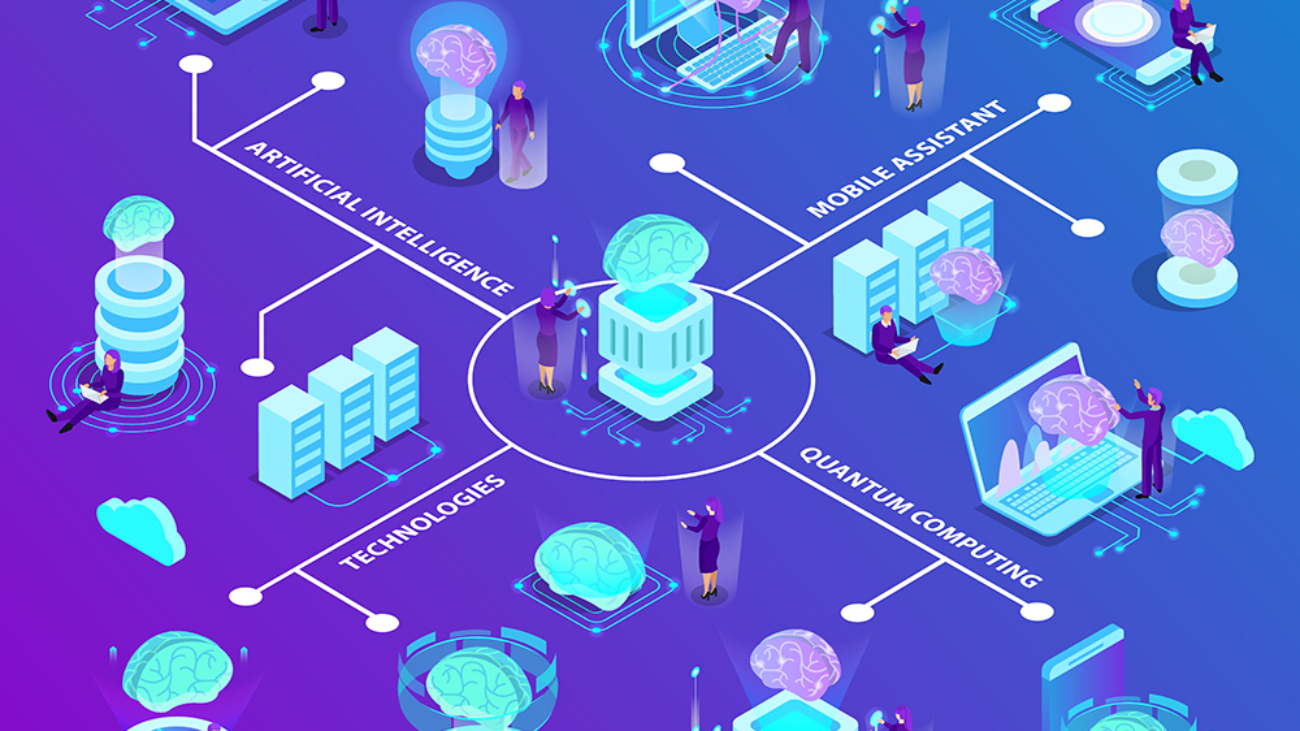People have significantly focused on the development and advancement in quantum computing over the last years. As these specialized computers operate based on fundamentals of quantum mechanics and physics, they are said to have massive prospects. Experts are confident that in
the future. These computers will respond quickly and solve problems faster than conventional computers. As to calculate anything, these specialized computers employ entangled and intricate quantum states, in which different kinds of data converge at a specific instance in time. This
suggests that quantum computers will be more effective in solving challenging problems in a limited time than standard computers.
The quantum ascendency is yet to be confirmed. However, analysts have accomplished some remarkable technical breakthroughs. Last year, a quantum computer was able to recognize and solve a particularly exigent problem efficiently. It was more astute and quicker in solving as compared to regular computers.
For some specific quantum algorithms, such as computational strategies, it is known that they are quicker and more systematic than the previously appointed algorithms; those did not explore the complete capability and potentiality of quantum processers. Since quantum computers are
still risky and vulnerable to calculation errors, quantum algorithms cannot be reckoned on currently developed quantum hardware.
Describing the programmer’s goal. Utilizing the potential of quantum computation requires not only the latest technology but also a
quantum programming language to describe quantum algorithms. In principle, an algorithm is a “recipe” for solving a problem; a programming language describes the algorithm so that a computer can perform the necessary calculations.
To exploit the aptitude of quantum computation, it is essential to have access to modern technology. It is also imperative to learn quantum programming language to illustrate and explain the quantum algorithms. An algorithm presents the instructions for resolving a problem. But theprogramming language helps us to define and expound the algorithm, so it is easier for the computer to conduct the required computations.

Now, the quantum programming languages are riveted to particular hardware; they illustrate the behaviour and dynamic of primary circuits. These hardware description languages are complicated, unmanageable, and susceptible to errors for computing coding experts. So, the
programming guidelines must be explicit, and they shall explain all the subtleties required to execute a quantum algorithm.
To rectify this computational crisis, Vechev and his team proposed the concept of Silq and executed it to perfection. Benjamin Bischel, a doctoral student part of the Vechev’s team, shared his insights regarding the creation and progress of Silq. He discussed how it is the inceptive model of quantum programming language that is not developed principally to support the
establishment and operational performance of hardware. It is primarily designed to satiate the needs of programmers and help them solve computational problems. For this purpose, they don’t
have to acquire all knowledge about a computer’s framework and application.
Computer analysts broach those computer languages which diverge from the esoteric features of a particular kind of computer as distinguished programming languages. Silq is the only developed significant programming language that can be applied to quantum computers. Such high-level languages of programming are considerably more descriptive; they can illustrate the complicated algorithms in brief and simplified codes. It is beneficial for programmers, and it becomes easier for them to construe the computational language.
Omitting inaccuracies via preprogrammed uncomputation.
The greatest innovation and simplification that Silq brings to quantum programming languages concerns a source of errors that has plagued quantum programming until now. A computer calculates a task in several intermediate steps, which creates intermediate results or temporary
values.
The most significant change and advancement that Silq contributed to quantum programming language about the origin of inaccuracies that had infested the quantum programming. A computer analyses a task in various transitionary steps. This generates median results and deductions, which are termed as temporary values.
So, to rectify this issue, traditional computers delete all of the temporary data and these values by default. Computer analysts credited this as garbage collection since it is a pile of redundant values.
However, quantum computers do not allow these values to be disposed of easily because of quantum entanglement. This refers to the interaction of earlier reckoned values with the recent ones. This intercepts with accurate calculations. The disposal of temporary values demands a more sophisticated working, which is labeled as uncomputation. The teams of computer scientists are positive and prudent regarding the progress of the
development of Silq. They have termed it as a breakthrough in computer programming language discipline, and even though it has the potential to be evolved further, it still surpasses the functionality of conventional computer languages. There are prospects of great discoveries and
achievements through Silq.
